
Gyeonggi Province organized its Wellbeing Korean Beef Promotion Event to revitalize a Korean beef market that has been shrinking following the conclusion of a number of FTAs. The event aims to publicize the excellence of Gyeonggi Korean beef, encourage livestock farms in the province to participate in expanding the production of high-quality meat, and improve the quality and competitiveness of Korean beef through the exchange of cutting-edge technologies.
The 2017 Wellbeing Korean Beef Promotion Event takes place for the second consecutive year on Saturday, June 3, at the plaza outside Yongin City Hall in Gyeonggi Province.
Participants can learn about the excellence of Korean beef produced in Gyeonggi Province as well as differences relative to other types of beef, and will have the opportunity to purchase premium G-marked Korean beef at reduced prices during the event. Participants will also be able to taste Gyeonggi Korean beef and enjoy various hands-on experiences with their families.
G-marked Korean beef is produced only at approximately 1,200 eco-friendly farms that had been certified for 1st class beef, pork, and chicken production through a thorough quality control system.
Gyeonggi Province also directly inspects beef for antibiotic residues during the slaughter stage to ensure food safety and prevent the distribution of improper livestock products.
Visit the 2017 Wellbeing Korean Beef Promotion Event in Yongin where you can taste unadulterated and delicious beef.












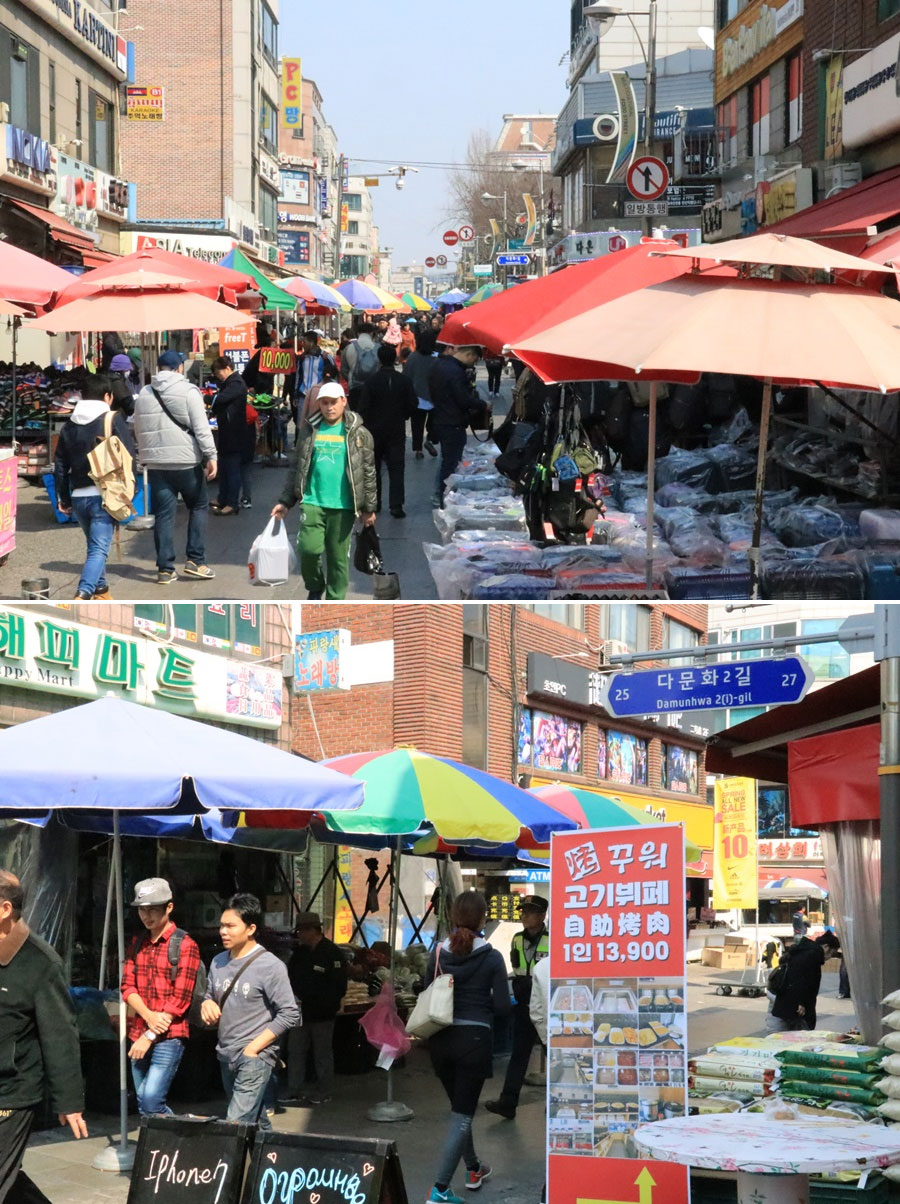
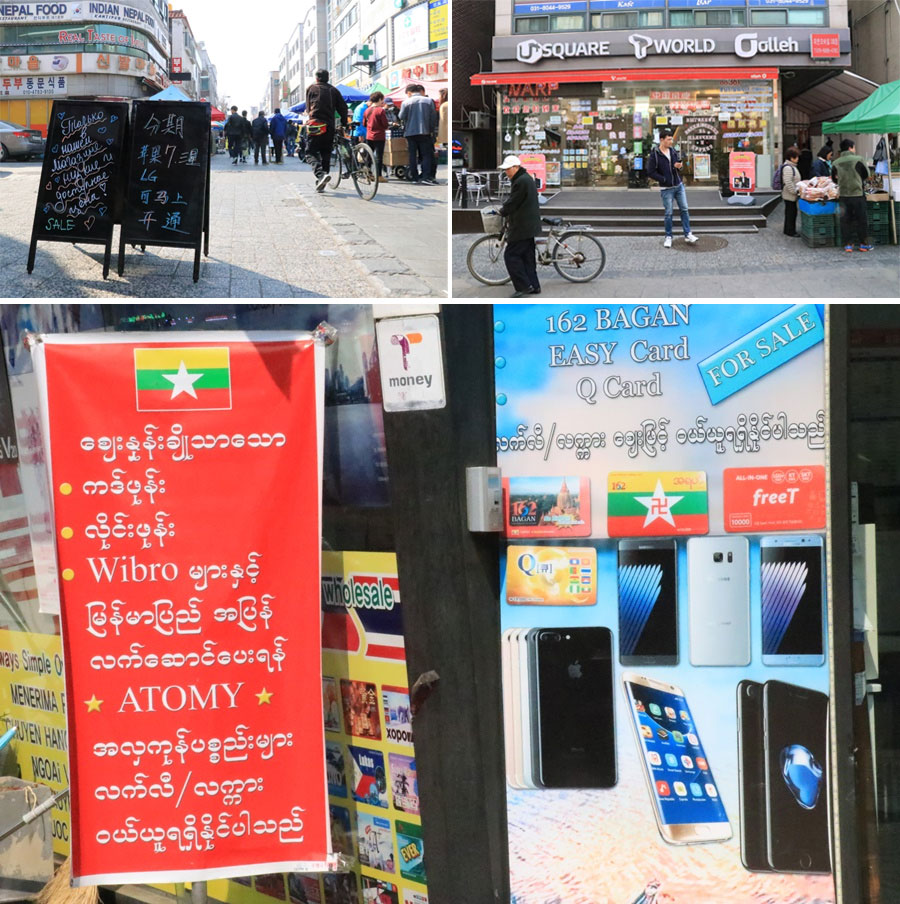

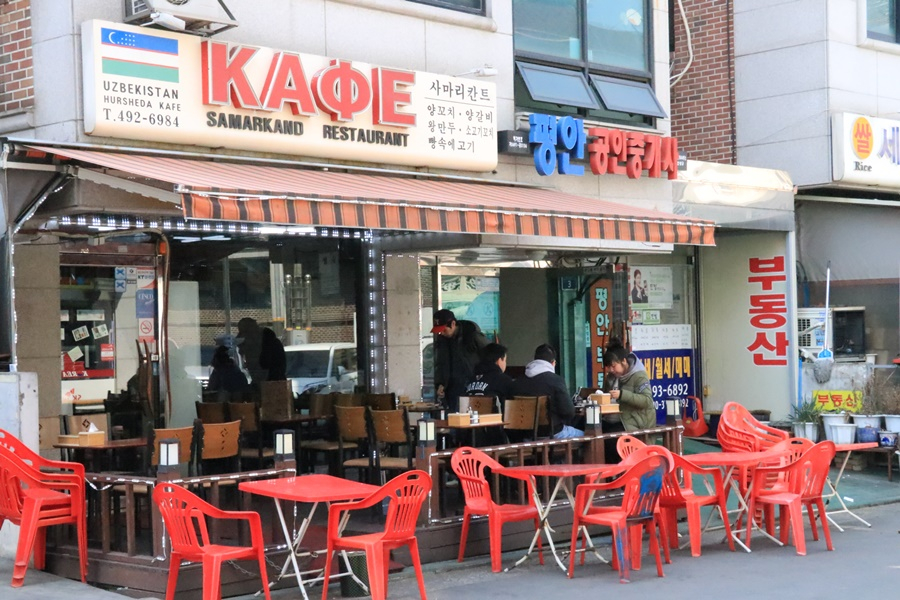
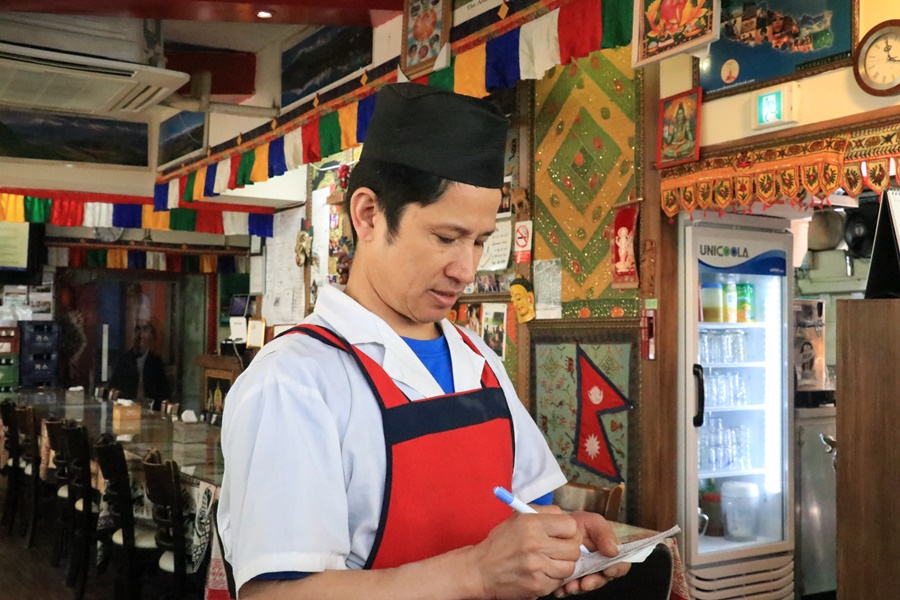
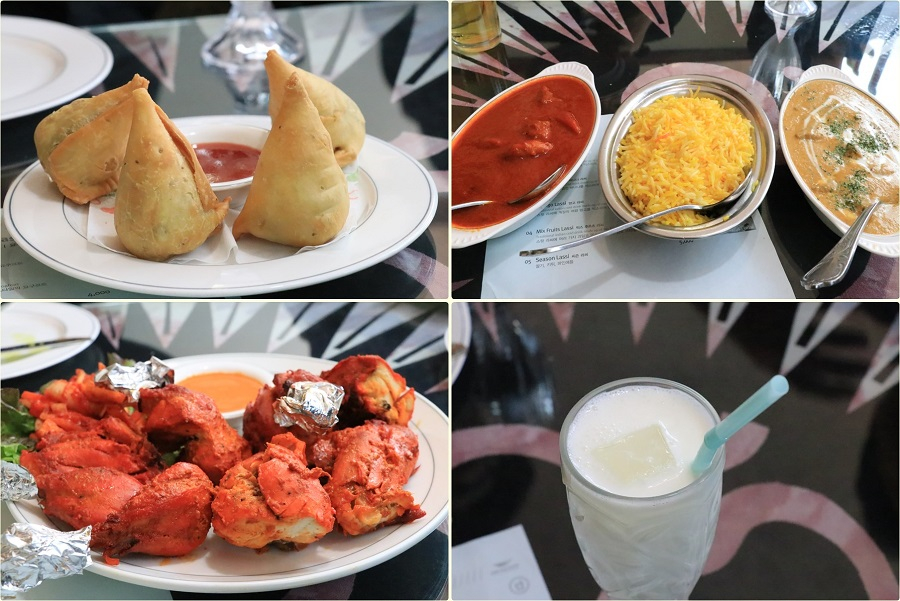
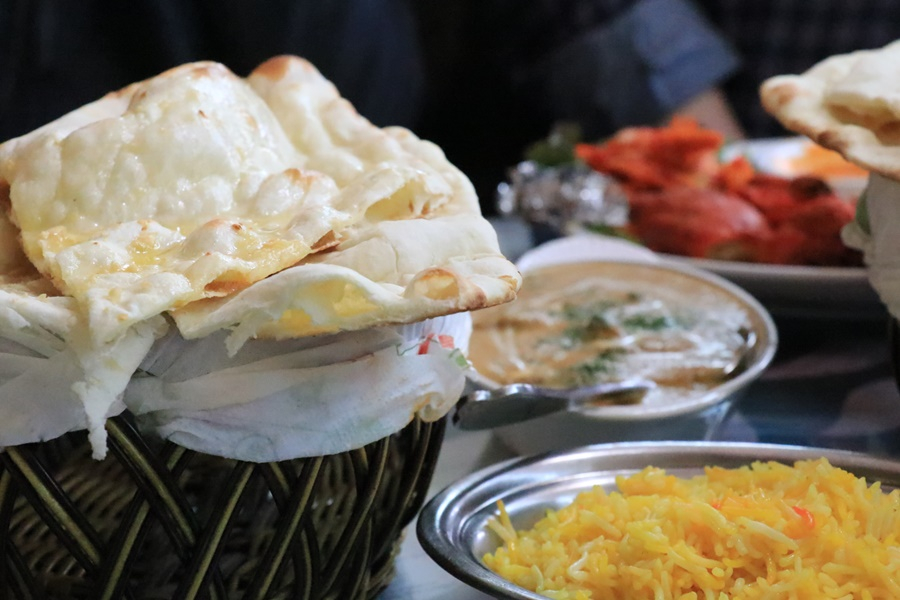






 Uzbek Restaurant ‘Tashkent’
Uzbek Restaurant ‘Tashkent’














